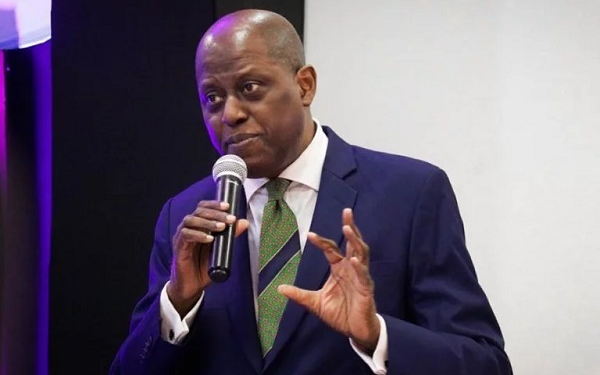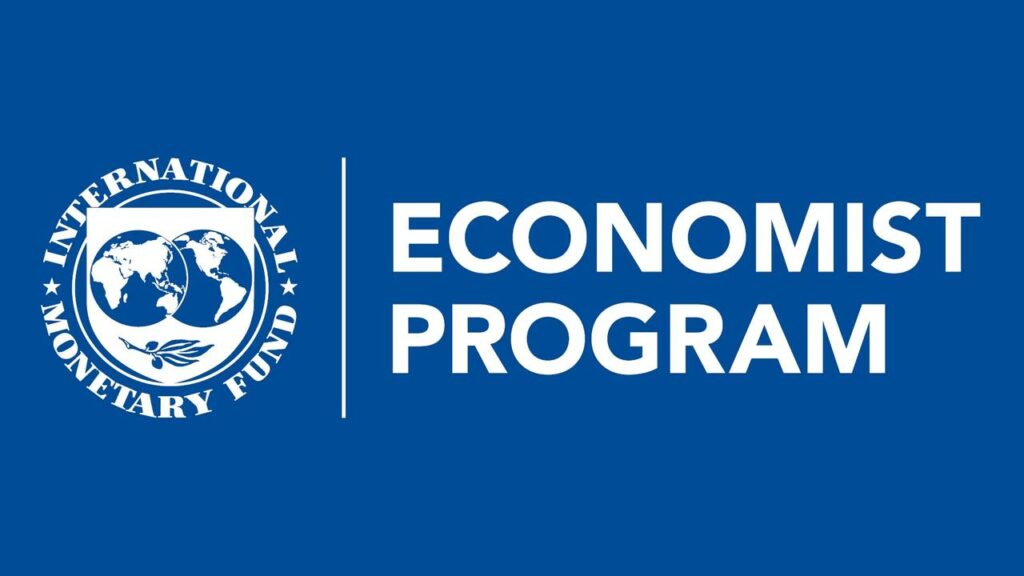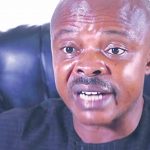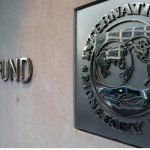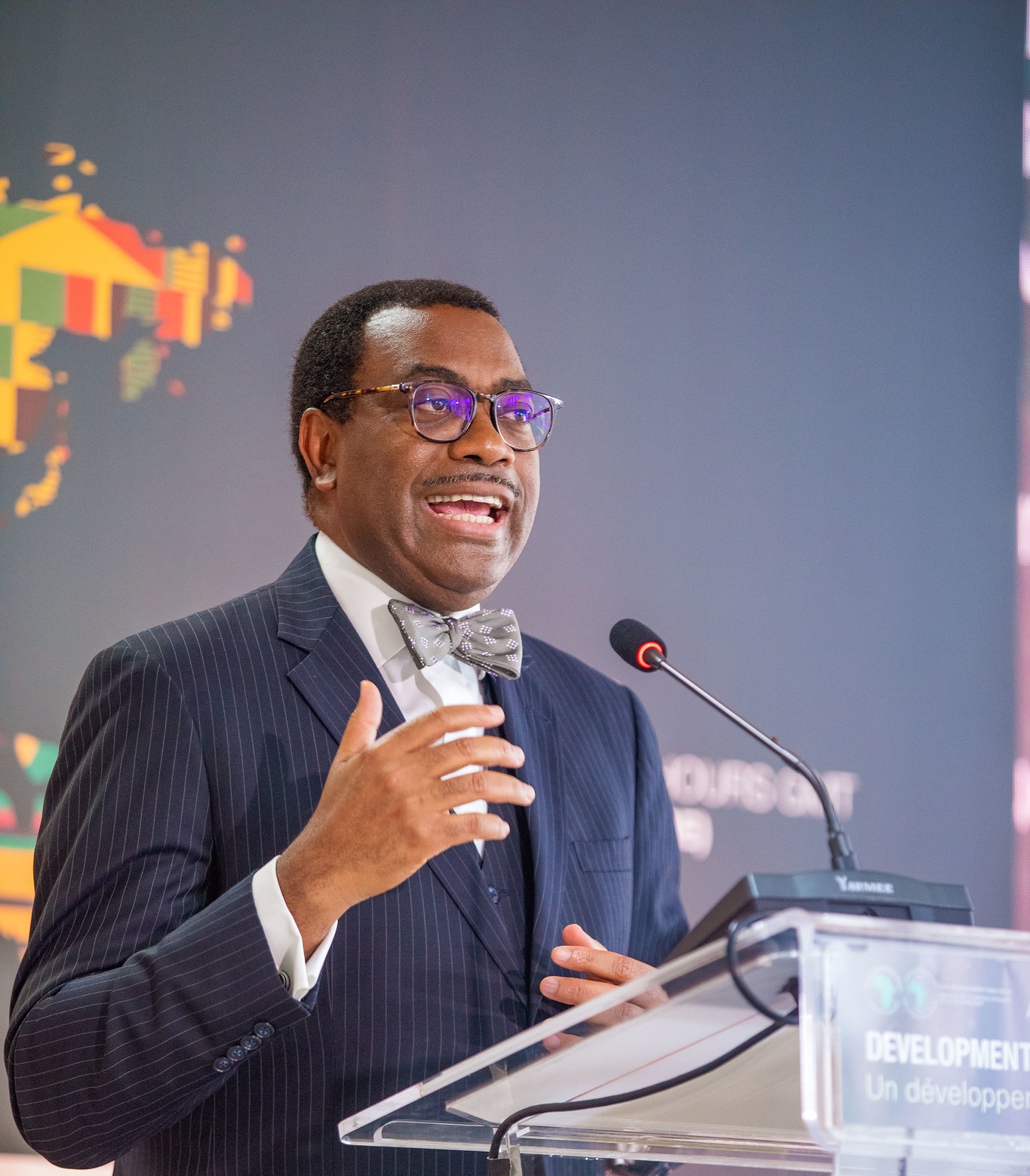Nigeria is set to introduce a diaspora bond in the United States as part of its ambitious strategy to boost monthly remittance inflows to $1 billion. Central Bank Governor Olayemi Cardoso announced this initiative during an interview with Reuters at the ongoing IMF/World Bank autumn meetings in Washington, DC.
Cardoso underscored the eagerness of Nigerians living abroad to invest back home, noting that remittances have surged more than double since the current government began implementing sweeping reforms last year. “They really want to invest… beyond just financially,” he stated. With the Nigerian currency now competitively priced, many see opportunities for investment in assets and businesses back home.
Under the leadership of President Bola Tinubu, the Nigerian government is tackling significant economic challenges, including a backlog of foreign exchange payments and high fuel subsidy costs. In September alone, remittance flows rose dramatically to $600 million, up from $250 million per month earlier this year. Cardoso expressed optimism about achieving the ambitious target of $1 billion per month, stating, “I would be surprised if we are not there by this time next year.”
In a related move, on August 15, the Federal Government launched its first-ever dollar-denominated domestic bond, with subscriptions starting at $1,000 per unit on August 20. Finance Minister Wale Edun, who is also attending the meetings in Washington, revealed that this $500 million domestic bond was oversubscribed, raising over $900 million, with a subscription rate exceeding 180 percent.
Edun emphasized that this success reflects strong investor confidence in Nigeria’s economic stability and growth potential. “The IMF advised us against issuing dollar bonds domestically. We proceeded and were 100 percent oversubscribed, but we still valued their viewpoint and took it into account,” he explained.
The introduction of the diaspora bond represents a strategic effort by the Nigerian government to strengthen its financial position while enhancing its relationship with the diaspora. By creating avenues for increased investment, Nigeria hopes to stimulate economic growth and development in the country. As the government actively seeks to bolster remittance inflows, this initiative aims to capitalize on the financial support of Nigerians abroad, ultimately benefiting the nation’s economy.
With these strategic moves, Nigeria positions itself to harness the financial power of its diaspora, ensuring that these efforts contribute positively to the economic landscape and foster a more sustainable future for its citizens.


